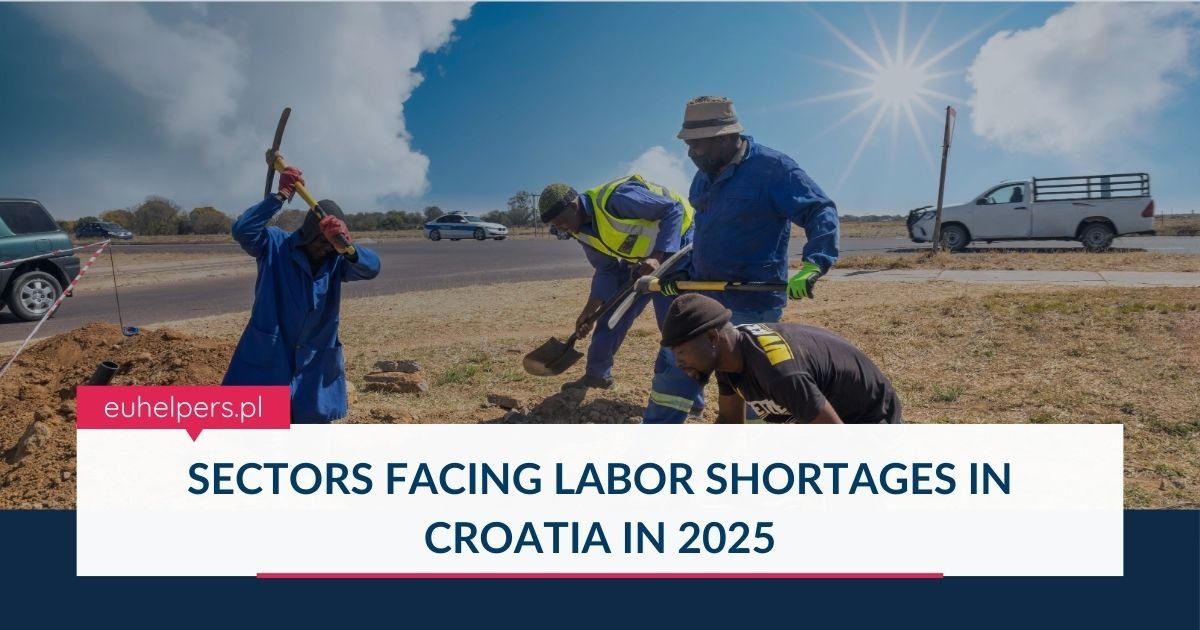
Croatia continues to experience significant labor shortages across multiple industries, impacting economic growth and business operations. Several key sectors are particularly affected, struggling to find and retain skilled workers.
1. Construction
The construction industry remains one of the hardest-hit sectors by labor shortages in Croatia. With ongoing infrastructure projects and growing demand for residential and commercial developments, the lack of skilled workers is delaying projects and increasing costs. Many construction companies are relying on foreign labor to fill the gap.
2. Hospitality
As tourism continues to be a major economic driver, the hospitality sector faces persistent challenges in hiring enough workers. Hotels, restaurants, and other tourism-related businesses are struggling to find qualified staff, particularly during peak seasons. The shortage of chefs, waiters, and housekeeping staff has led to increased wages and a reliance on seasonal workers from abroad.
3. Food Production
The food production industry is also dealing with a workforce shortage, particularly in agriculture, food processing, and manufacturing. With an aging workforce and a declining interest in these jobs among younger generations, businesses are finding it increasingly difficult to meet demand. Automation is being explored as a potential solution, but it has not yet fully addressed the labor gap.
4. Information Technology (IT)
The IT sector, despite being a rapidly growing and highly attractive field, is experiencing a shortage of skilled professionals. The demand for software developers, cybersecurity experts, and data analysts far exceeds the available workforce. Many Croatian IT firms are hiring talent from abroad or outsourcing work to meet project demands.
5. Skilled Crafts and Trades
Trades such as electricians, plumbers, and machinists are in short supply. The declining number of vocational school graduates and the increasing demand for skilled tradespeople have created a gap that businesses are struggling to fill. Many companies are offering higher wages and better working conditions to attract and retain talent.
Addressing the Labor Shortage
To mitigate these shortages, Croatia is focusing on several strategies, including attracting foreign workers, improving vocational education, and increasing automation in labor-intensive industries. Government policies and business incentives may also play a crucial role in ensuring economic stability despite these workforce challenges.
The labor market in Croatia is evolving, and businesses must adapt to these changes by finding innovative ways to attract and retain talent in the coming years.
